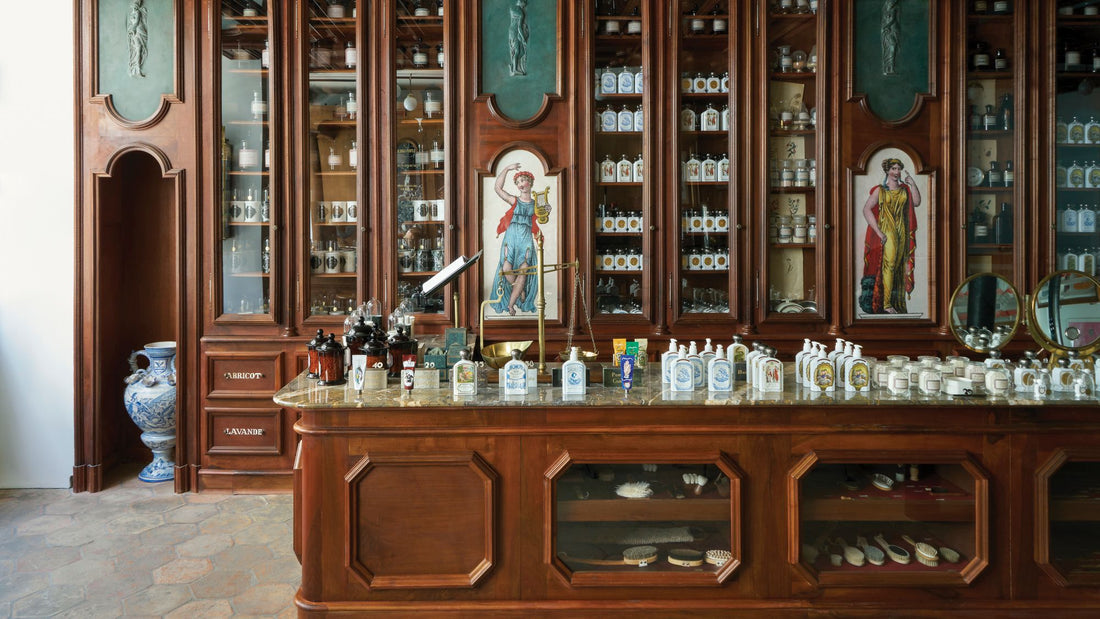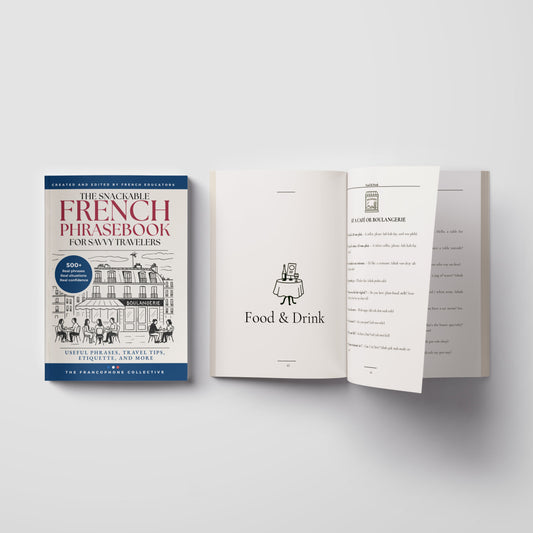
Op-Ed: Why Officine Universelle Buly Is not a real heritage brand
In a world where authenticity is a precious currency, the allure of heritage brands is undeniable. They evoke a sense of timelessness, of history carefully distilled into every product. However, not all that glimmers is gold, and not every brand that cloaks itself in the fabric of heritage truly earns that mantle. Case in point: Officine Universelle Buly.
On the surface, Officine Universelle Buly appears to be the epitome of heritage. Its ornate packaging, adorned with vintage typography and antique-style illustrations, whispers of old-world apothecaries and ancient beauty rituals. The brand's boutiques, more akin to 19th-century curiosity shops than modern retail spaces, create an immersive experience that transports shoppers to another era. Yet, beneath this meticulous faà§ade lies a truth that is decidedly more modern and manufactured.
See also: 11 exquisite French candle brands to shop in Paris
A Brand Born of a Story, Not of History
To understand why Buly is not a true heritage brand, we must first define what heritage means. A heritage brand typically embodies a long-standing legacy, passed down through generations, with roots deeply intertwined with history and tradition. It reflects an authentic narrative of craftsmanship, often weathered by time and evolving organically.
Officine Universelle Buly, however, was founded in 2014 by Ramdane Touhami and Victoire de Taillac. The brand cleverly positions itself as a revival of the original Buly 1803, an apothecary founded by Jean-Vincent Bully in the early 19th century. While it is true that Bully was a historical figure, the connection between his original business and the modern incarnation of Officine Buly is tenuous at best.
The real Jean-Vincent Bully was a prominent French perfumer, distiller, and cosmetician in the early 19th century. In 1803, he established his boutique on Rue Saint-Honoré in Paris, where he gained acclaim for his innovative cosmetic formulations. Among his notable creations was the "Vinaigre de Bully," an aromatic vinegar lauded for its cleansing and therapeutic properties. See also: Why France's palace hotels are the ultimate luxury stays Bully's expertise and the quality of his products earned him widespread recognition across Europe. His success and entrepreneurial spirit inspired Honoré de Balzac's 1837 novel "César Birotteau," which portrays the life of a Parisian perfumer.
Despite his early achievements, Bully faced financial difficulties following the Revolution of 1830, leading to the liquidation of his business. He subsequently worked as a clerk at the newspaper Le Rénovateur. The brand continued under A. Landon & Company, which defended its rights against imitators attempting to capitalise on the "vinaigre de toilette Bully" name, a testament to the product's enduring reputation.
This original Buly 1803 disappeared into obscurity long ago, and the contemporary brand is less a revival and more a reinvention — an homage rather than a continuation.
The Power of Branding vs. True Heritage The new Officine Universelle Buly is a masterclass in branding. It creates an experience steeped in nostalgia, drawing on a bygone era's aesthetics, from its baroque interiors to the archaic names of its products. The brand's storytelling is rich and evocative, but it is, at its core, a narrative constructed in the boardroom rather than in the annals of history.
A real heritage brand does not need to construct its story—it lives its story. Take, for example, Cire Trudon, the French candle maker founded in 1643. Its history is tangible, stretching back through the reigns of French kings and serving the courts of Versailles, even if it was dormant before its rebrand in 2007 under the direction of co-owner Ramdane Touhami (yes the same creator of Officine Universelle Buly). This transformation revitalised the brand, blending its rich history with contemporary appeal. Later, in 2019, under the creative direction of Julien Pruvost, the company streamlined its name from "Cire Trudon" to "Trudon," reflecting a modernised aesthetic while honouring its heritage
Similarly, brands like Maison Francis Kurkdjian and Fragonard have built on decades of genuine legacy, their heritage woven through generations of perfumers.
What's Wrong with Faux Heritage? One might ask: does it matter if a brand's heritage is more fiction than fact? After all, Buly's products are beloved, and its brand experience is undeniably captivating. However, in a time when consumers increasingly seek authenticity and transparency, there is a danger in brands overplaying their heritage. It risks deceiving consumers, creating a romanticised illusion that ultimately lacks substance.
Furthermore, faux heritage can diminish the value of true heritage brands, muddying the waters for consumers who seek a genuine connection to history. When every new brand can conjure an elaborate backstory, the cultural and historical value of authentic heritage brands is at risk of dilution.
An Ode to What Officine Buly Does Well This is not to say that Officine Buly does not deserve praise. The brand has undeniably crafted a beautiful and distinctive retail experience. Its emphasis on natural ingredients, attention to detail, and artistic presentation are commendable. It serves as a testament to the power of storytelling in brand building. However, recognising the difference between a brand with heritage and a brand with a heritage-inspired narrative is essential.
By all means, enjoy Officine Buly's products. Revel in the sensory delight of its stores. But let us not mistake its artifice for authenticity. True heritage is not just about looking old or vintage; it is about embodying a history that cannot be fabricated, a story that unfolds naturally over time.




